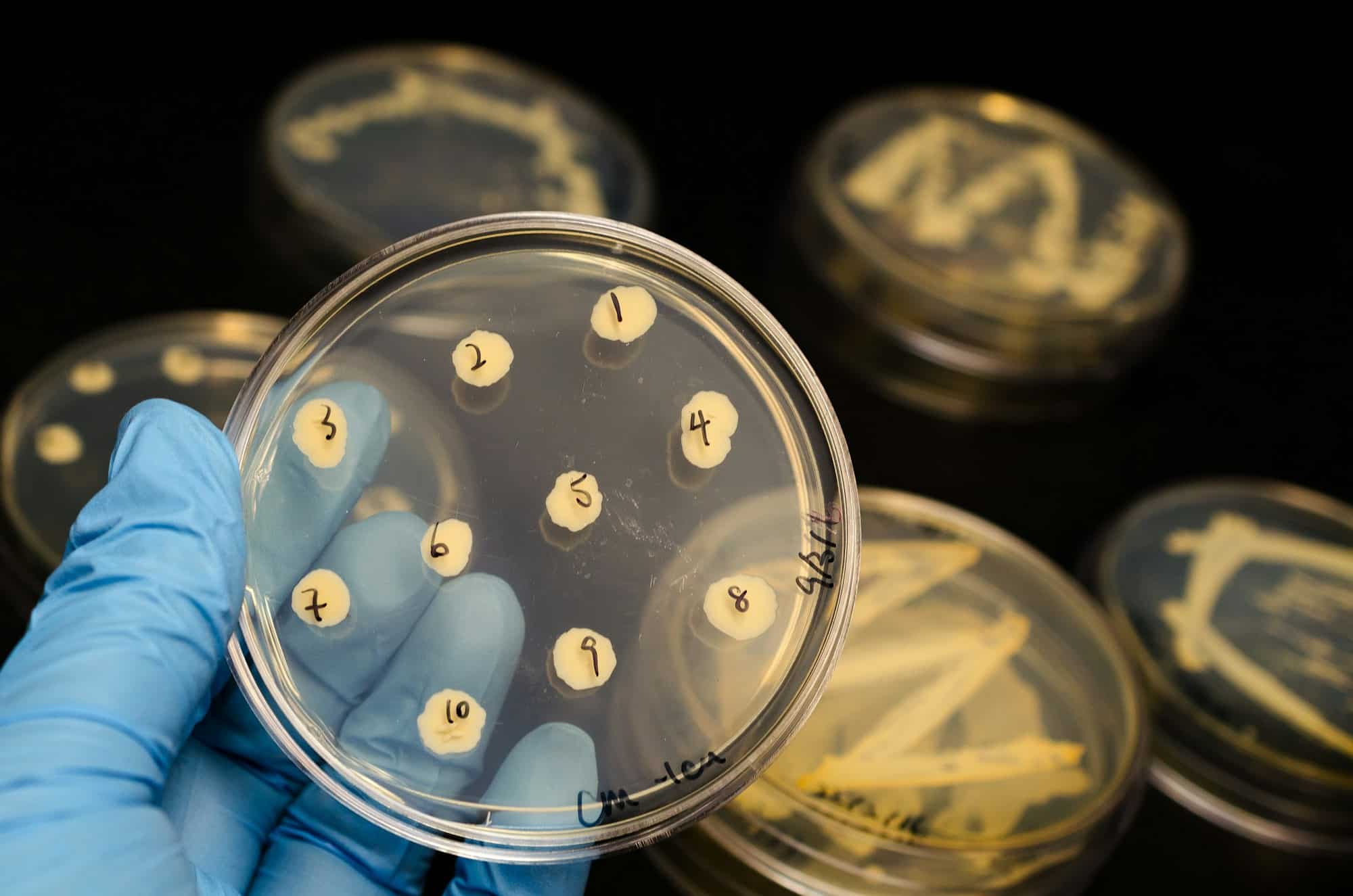Is There a Link Between Microbiome Diversity and Athletic Performance?

The human gut is a bustling ecosystem, home to trillions of bacteria known as the microbiota. The aggregate of these microorganisms and their genetic material is called the microbiome. Over the years, scholars have turned their attention to the potential role of the gut microbiome in various aspects of human health.
Recently, the spotlight has been on the gut microbiome’s role in exercise and athletic performance. According to some studies, gut microbiome diversity may influence the performance of athletes in various sports. This article aims to provide an in-depth exploration of this compelling subject, drawing from a wide range of studies and scholarly databases such as PubMed, PMC, and Google Scholar, among others.
En parallèle : How Can Occupational Therapy Aid in Managing Rheumatoid Arthritis?
The Gut Microbiome and Health
The gut microbiome is not just a passive passenger in our bodies. It’s an active participant in various essential bodily functions, including digestion, nutrient absorption, and the immune response. Interestingly, the composition of the gut microbiota can significantly vary between individuals, and this diversity has been linked to health outcomes.
Numerous studies have indicated that reduced gut microbiota diversity is often associated with various health issues, including obesity, diabetes, and inflammatory bowel disease. On the contrary, individuals with a diverse and balanced gut microbiome tend to have better overall health.
A lire en complément : Can Genetic Testing Guide Personalized Nutrition for Better Health Outcomes?
Researchers have identified specific microbial strains that can potentially influence metabolism, immunity, and even mental health. For example, some bacteria produce short-chain fatty acids (SCFAs) upon digesting dietary fibers. These SCFAs play critical roles in maintaining gut health and may also influence immune and metabolic processes.
Gut Microbiome Diversity, Exercise, and Athletes
In recent years, scientists have become increasingly interested in studying the relationship between the gut microbiome, exercise, and athletic performance. Research suggests that exercise can influence the diversity and composition of the gut microbiota.
A study published in PubMed Central (PMC) found that professional athletes had a more diverse gut microbiota compared to physically inactive individuals. The athletes also had a higher abundance of certain bacteria species, some of which are associated with enhanced metabolism and reduced inflammation.
Several other studies, documented in databases like Pubmed, Google Scholar, and Crossref, have similarly found a link between exercise and gut microbiome diversity. However, the exact mechanisms through which exercise may influence the gut microbiota remain unclear. Some theories propose that exercise may alter gut conditions, favoring the growth of beneficial bacteria, or it may directly stimulate changes in the microbiota through physiological stress.
Microbiome Diversity and Athletic Performance
The next logical question is, does gut microbiome diversity influence athletic performance? While more research is needed, some studies suggest a potential link.
A 2017 study found that marathon runners had a spike in certain bacteria species after a race. These species are known to break down lactic acid, which builds up during intense exercise and can cause muscle fatigue. While it’s not yet clear if these changes in the gut microbiome directly enhance performance, they may help with recovery—thus indirectly improving subsequent performance.
There’s also growing interest in the potential role of gut microbiota in sports nutrition. Certain bacteria can enhance the metabolism of nutrients like proteins, amino acids, and carbohydrates—key energy sources for athletes. Thus, having a diverse microbiome could potentially improve an athlete’s nutritional status and energy metabolism.
Microbiome-Modulating Strategies for Athletes
Given the emerging links between gut microbiome diversity and athletic performance, it’s not surprising that there’s growing interest in microbiome-modulating strategies for athletes. One such strategy is the use of probiotics—live beneficial bacteria that, when consumed in adequate amounts, can confer certain health benefits.
Several studies suggest that probiotics can enhance immune function, improve gut health, and even enhance recovery from strenuous exercise. A 2019 review on PMC found that probiotics could reduce the duration and severity of respiratory infections in athletes—an important benefit given that intense training can suppress immune function.
Diet is another crucial factor that can influence the gut microbiome. Diets rich in fiber, for example, can enhance bacterial diversity and promote the growth of beneficial bacteria. In contrast, a diet high in processed foods and sugars can disrupt the gut microbiome and compromise health.
In conclusion, while more research is needed, current studies suggest a potential link between gut microbiome diversity and athletic performance. If further validated, this could open new avenues for enhancing athletic performance and health through microbiome-modulating strategies.
Modifying the Gut Microbiome for Enhanced Performance
It has become increasingly clear that the gut microbiome can be influenced by our lifestyle choices, particularly our diet and physical activity levels. Given the evidence linking the gut microbiome to athletic performance, it is of no surprise that researchers are exploring ways to modify the gut microbiota in favor of improving athletic performance.
Probiotics, prebiotics, and diet are the three main methods of altering the gut microbiota. Probiotics, as already mentioned, are live beneficial bacteria that can enhance health when consumed in adequate amounts. Several strains of probiotics have been identified with potential benefits to athletes, including enhancing immune function, reducing inflammation, and improving recovery.
Prebiotics, on the other hand, act as a fuel source for beneficial gut bacteria. They are typically dietary fibers that our body cannot digest but can be metabolized by certain bacteria. A systematic review on Google Scholar reported that supplementing with specific types of prebiotics increased the abundance of beneficial bacteria, leading to improved health outcomes.
Diet is another powerful tool for modifying the gut microbiome. A study published in PMC Free found that a diet rich in fibers from fruits, vegetables, and whole grains led to increased microbiome diversity compared to a diet high in processed foods and sugars. This is consistent with the findings that high-fiber diets can promote the growth of beneficial bacteria and enhance their metabolic activities.
But it’s not just about increasing diversity—certain dietary patterns may favor specific beneficial bacteria. For instance, a PubMed article reported that a diet rich in plant-based proteins and antioxidants was associated with an abundance of bacteria that produce anti-inflammatory substances, which could potentially benefit athletes by reducing exercise-induced inflammation.
Tapping into the Potential of the Athlete’s Microbiome
The field of gut microbiome research is rapidly expanding, and the potential implications for athletic performance are exciting. The possibility of enhancing performance and recovery through microbiome-modulating strategies is an intriguing prospect for athletes, coaches, and sports scientists.
However, it is essential to remember that while the current evidence is promising, much of it is still preliminary. The exact role of the gut microbiome in athletic performance is complex and may be influenced by many factors, including the individual’s genetics, lifestyle, and overall health. Therefore, more robust and comprehensive research is needed to fully understand this complex relationship and to identify the most effective strategies for manipulating the microbiome to optimize athletic performance.
Moreover, since the gut microbiota varies greatly among individuals, a ‘one-size-fits-all’ approach may not be effective. Future research should focus on developing personalized microbiome-modulating interventions, taking into account the athlete’s unique gut microbiota composition, dietary habits, training regimen, and health status.
In conclusion, the gut microbiome is emerging as a potential game-changer in the world of sports and exercise. The idea of optimizing the gut microbiota to enhance athletic performance is no longer a far-fetched concept but a promising field of research with potentially significant implications for athlete health and performance. As the saying goes, "You are what you eat," but perhaps it’s time to amend that to "You are what your gut bacteria eat."
